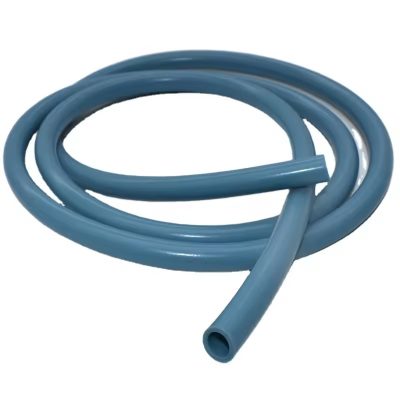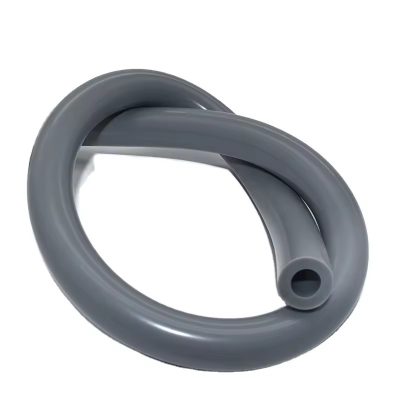In the chemical processing industry, the integrity of fluid handling systems is paramount for safety, efficiency, and product quality. Rubber hoses play a crucial role in chemical processing due to their exceptional durability, flexibility, and resistance to various chemicals. Their performance characteristics make them indispensable for ensuring safe and reliable operation in chemical handling and processing applications.
One of the key advantages of rubber hoses in chemical processing is their resistance to a wide range of chemicals. Chemical processing often involves the use of aggressive substances such as acids, bases, and solvents. Rubber hoses are designed with specific compounds that offer excellent resistance to chemical degradation, preventing leaks and ensuring the integrity of the fluid handling system. This chemical resistance reduces maintenance needs and extends the service life of the hoses, contributing to the overall safety of the processing operation.
Durability is another critical feature of rubber hoses used in chemical processing. The harsh environment of chemical processing facilities can expose hoses to high pressures, temperatures, and abrasive materials. Rubber hoses are engineered to withstand these conditions without compromising their performance. Their resistance to abrasion and impact ensures that they maintain their structural integrity, reducing the risk of failures and minimizing downtime.
Flexibility is also an important benefit in chemical processing applications. Rubber hoses can easily bend and navigate through tight spaces, making them ideal for complex piping layouts. This flexibility facilitates easier installation and routing, allowing for efficient fluid transfer and reducing the risk of kinking or blockages. Additionally, the flexibility of rubber hoses helps absorb vibrations and movements, reducing stress on connected components and enhancing overall system reliability.
Temperature resistance is crucial in chemical processing, where fluids may be heated or cooled to specific conditions. Rubber hoses are capable of operating across a broad temperature range without losing flexibility or becoming brittle. This thermal stability ensures that the hoses continue to perform reliably in varying temperature environments, maintaining the efficiency and safety of the chemical processing system.








